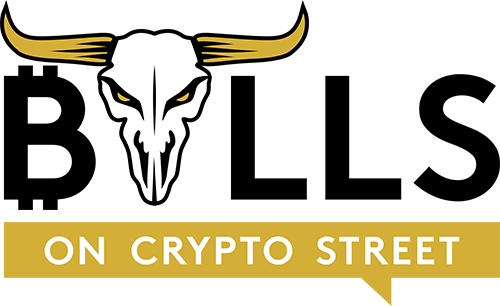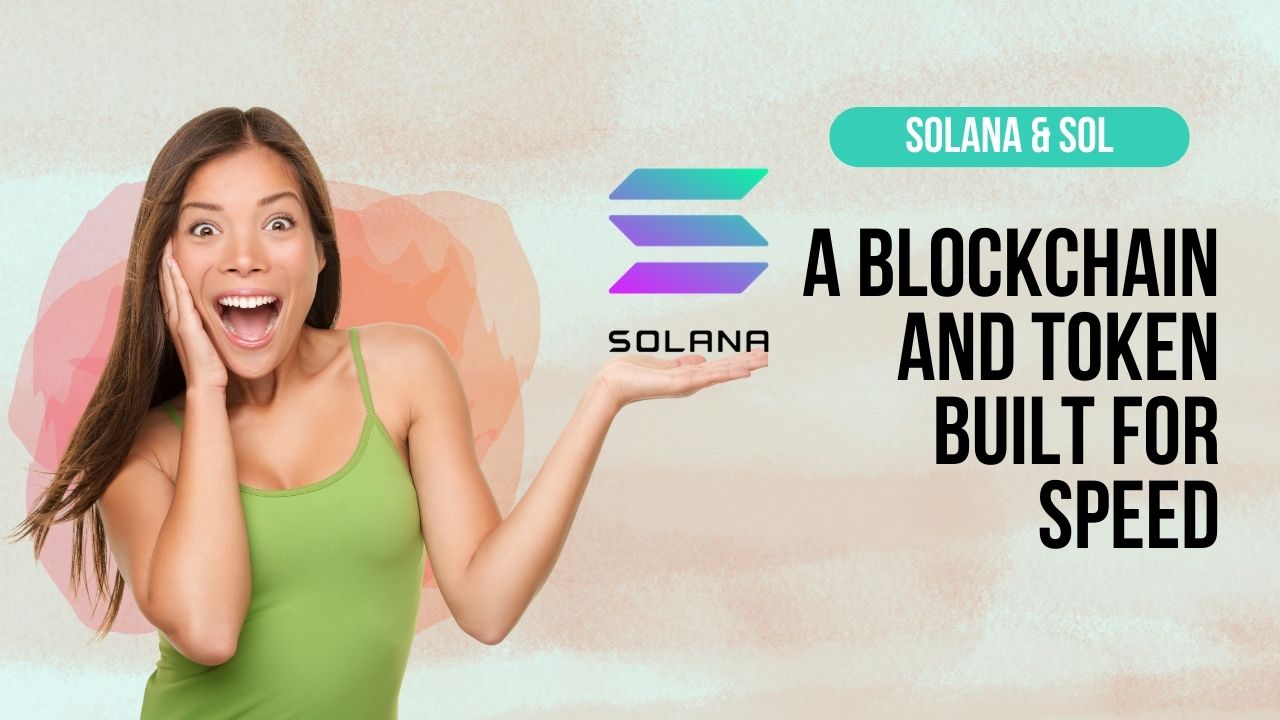Solana is a blockchain network that sees itself as the solution to the scalability issues evidenced in Ethereum. It has been called the ‘Ethereum killer’ by quite a number of people. The core elements of this network are its high throughput and fast transactions. Unlike Ethereum 1.0 which is currently battling with high transaction fees and low transaction speed, Solana is known to use a peculiar system of transaction order to heighten the speed of transactions.
It is a smart contract-enabled network, allowing developers to deploy their smart contracts and decentralized apps without paying an arm and a leg in gas fees. Crypto enthusiasts can utilize the decentralized apps that are being built on the blockchain and carry out fast transactions while paying cheap fees.
What is Solana?
Solana is an open source and public blockchain with smart contract capacity to host decentralized apps of different types and smart contracts. It is designed to be highly scalable, secure, and decentralized to solve the blockchain trilemma. With its Proof History system that works with the Proof of Stake consensus mechanism, Solana attains thousands of transactions per second.
Who created Solana?
It was founded in 2017 by Anatoly Yakovenko. Solana was one of the networks that benefited from the ICO boom, raising at least $25 million in funding from different sales rounds. Its mainnet went live in March 2020. Before he founded Solana, Yakovenko worked at Qualcomm and gained the necessary experience and knowledge in compression algorithms. He partnered with Eric Williams and Greg Fitzgerald to create a new system of solving scalability and throughput issues noticed in the older generation blockchains such as Ethereum and Bitcoin.
Yakovenko, from his research, believed that utilizing Proof of History would increase the speed of blockchain networks rapidly, unlike those that functioned without clocks like Ethereum and Bitcoin. He wanted to create a network that could rival the high throughput offered by traditional payment solutions like Mastercard and Visa.
Solana’s Architecture
Solana is a Proof of Stake network that utilizes a unique version, which is called the Proof History consensus mechanism. This is a trustless system for verifying the time of a transaction.
Proof of History invalidates the methods used by the older generation of blockchains, which includes every node having to verify the transactions in blocks that work with a single timestamp. By doing this, the transaction speed of older generation blockchains becomes slower.
Proof of History
Proof of History is not a consensus mechanism, instead, it is a system that heightens the time needed to confirm the order of transactions in a network. This mechanism operates by hashing every transaction and event on Solana with the SHA256 hash function. During this process, an input is selected to create a unique output, which is then utilized in churning out the next hash.
PoH allows the chain to take the output of a transaction and use it as an input for the next one. This system clamps down on the time spent in verifying a transaction because validators process a lesser amount of information, which leads to a reduced block creation period.
Validators use a lesser period in validating transactions because the time spent by the network to opt for a new node reduces. As a PoS network, Validators verify the transactions on the network, while the PoH system permits the transactions to be validated quickly and timestamped.
Tower BFT
This is an optimized model of the Practical Byzantine Fault Tolerance that is designed to be compatible with Proof of History. It utilizes PoH as its cryptocurrency cryptographic clock, which maintains consensus without worrying about large transaction latency or messaging overhead.
Turbine
This is a block propagation protocol that is designed to allow an easy transmission of data to the nodes. It achieves this by dividing the data into smaller packets, thereby increasing transaction speed.
Gulf Stream
Gulf Stream is a mempool-less transaction forwarding protocol that pushes transaction caching, while forwarding it to the edge of the chain, thereby permitting validators to verify transactions quickly. This is one of the technologies that propels Solana to achieve 50,000 TPS.
Sealevel
Sealevel is a parallel smart contracts run-time engine that scales through SSDs and GPUs, with the aim of offering a faster runtime. It permits transactions to work simultaneously on the same state blockchains.
Pipelining
Pipelining is a Transaction Processing Unit that improves the validation optimization process. This process assigns varying input data to responsible hardwares. As a result of this system, transaction details are verified rapidly, then replicated on the different nodes in the chain.
Cloudbreak
Cloudbreak is a horizontally-scaled accounts database that allows Solana to scale as the network activities expand. It is a data structure that heightens simultaneous reads and writes on the chain.
Archivers
Archivers is a distributed ledger storage system that stores the data offloaded from validators. Archivers are nodes that store the data and are open to regular checks to ensure that they are working efficiently.
What is Solana’s native token?
Solana’s native token is SOL, which unlocks the holder to different aspects of the chain. Developers need SOL before they can deploy their smart contracts. While carrying out transactions the user also needs SOL. If an NFT is to be minted in the Solana network, SOL will also be needed. SOL is a deflationary cryptocurrency that is burnt by the team to reduce the supply of the token.
Use Cases of SOL
Transaction fees
For every transaction done on the Solana network, the SPL standard of the native token, SOL, is needed. If an NFT is to be minted, the user will need to pay gas fees in SOL.
Staking and validating
Delegating one’s tokens to a node or a validator offers the staker access to a recurring income in the form of APY. By staking tokens, the user enjoys a passive stream of income.
Another way to earn income on Solana is via validation of transactions. Validators are rewarded for verifying new transactions and creating blocks through transaction fees and block rewards. To become a validator on Solana, the user needs to meet the required minimum amount of staking pool as well as the stipulated hardware.
Decentralized apps
Developers are building decentralized apps like Decentralized Finance platforms, Non-Fungible Token projects, Decentralized Autonomous Organizations, and much more. The creation of these decentralized apps and smart contracts is Improving the use cases of SOL.
If you want to learn how to trade the momentum of cryptos like SOL, check out our Cryptostreet Trading Bootcamp.

Bulls on Crypto Street is a trading education website dedicated to digital assets such as Bitcoin, Ethereum, DeFi, NFTs, and other new advancements in the Metaverse.

